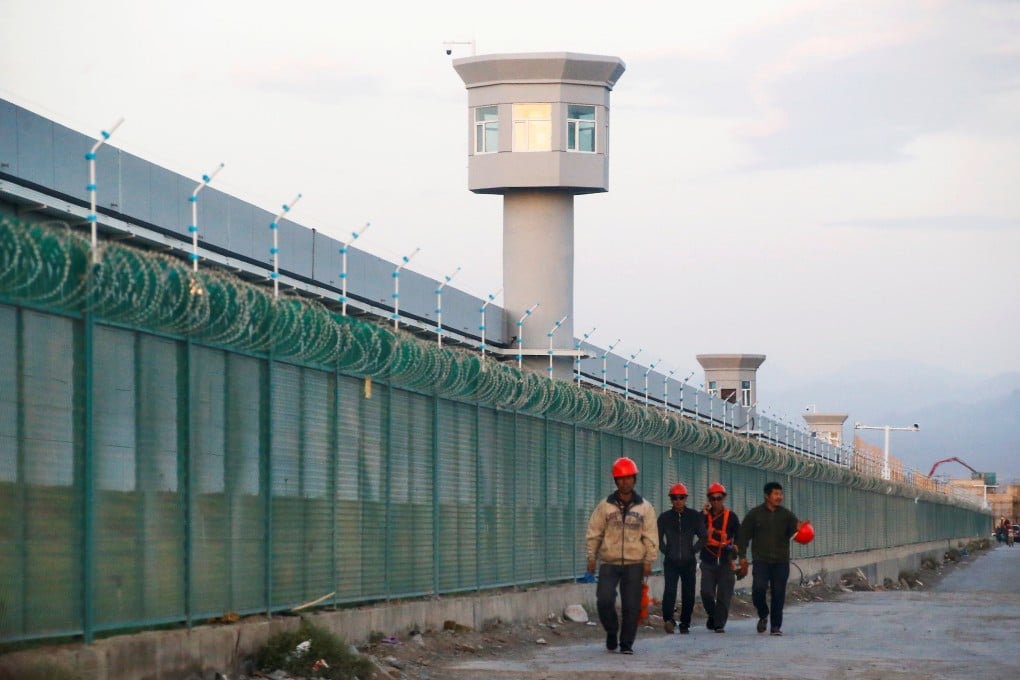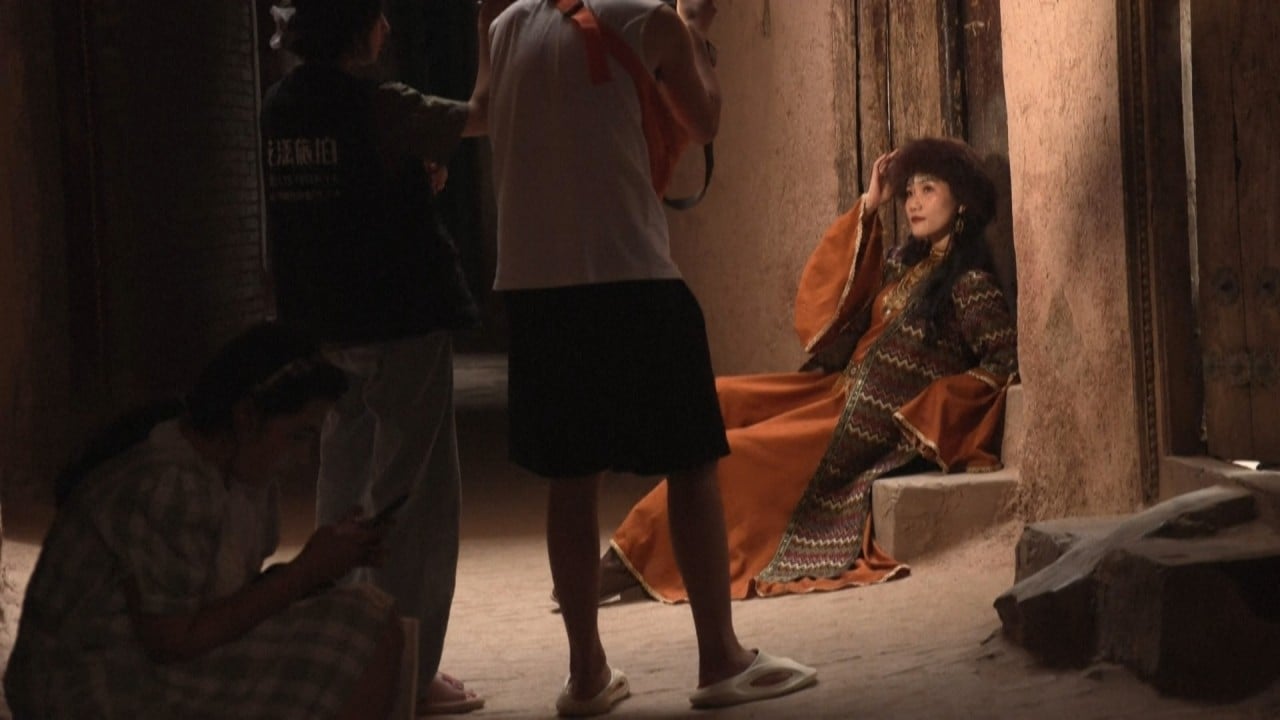China’s ‘problematic laws’ remain in Xinjiang two years after damning report: UN
- The UN’s human rights body had cited policies in Xinjiang that ‘may constitute crimes against humanity’

Two years after a landmark UN report said Chinese government policies in Xinjiang “may constitute crimes against humanity”, the body’s top human rights office says “many problematic laws and policies remain in place” in the region.
The Office of the United Nations High Commissioner for Human Rights (OHCHR) said that while it has held “detailed exchanges” with Beijing on a “range of critical” human rights issues, it still faced “difficulties posed by limited access to information and the fear of reprisals against individuals who engage with the United Nations”.
“In particular, on Xinjiang, we understand that many problematic laws and policies remain in place, and we have called again on the authorities to undertake a full review, from the human rights perspective, of the legal framework governing national security and counterterrorism and to strengthen the protection of minorities against discrimination,” said Ravina Shamdasani, a spokeswoman for Volker Turk, the United Nations high commissioner for human rights.
The statement was issued in response to queries about the office’s work with China, on the eve of the second anniversary of an explosive report that urged Beijing to reverse a series of human rights abuses committed in Xinjiang.
The report, issued seconds before Turk’s predecessor Michelle Bachelet left office, said the Chinese government’s persecution of Uygurs and other ethnic Muslims “may constitute international crimes, in particular crimes against humanity”.
The US and human rights groups have pointed to satellite imagery, leaked government documents and eyewitness accounts as evidence that more than 1 million Uygurs have been subjected to mass detention, political indoctrination and forced labour. Beijing denies the claims.

